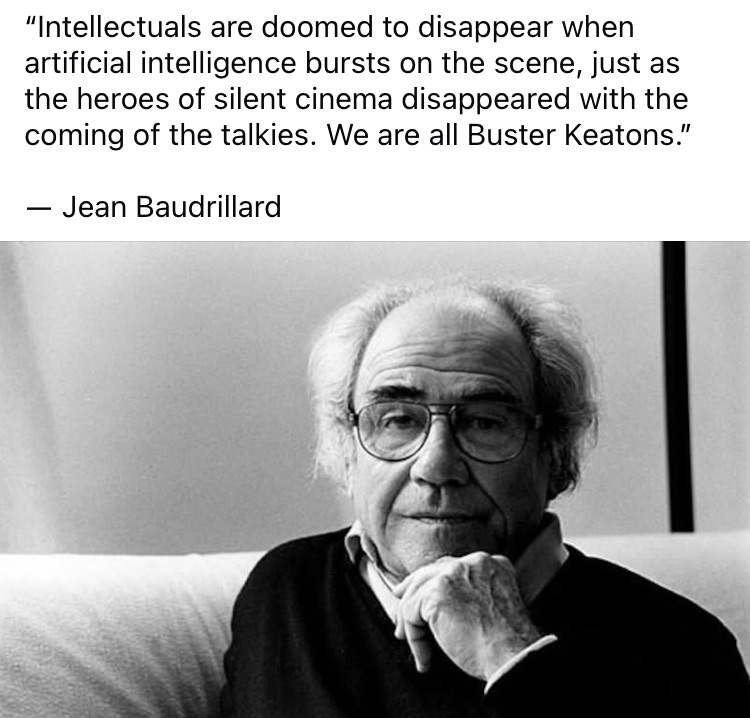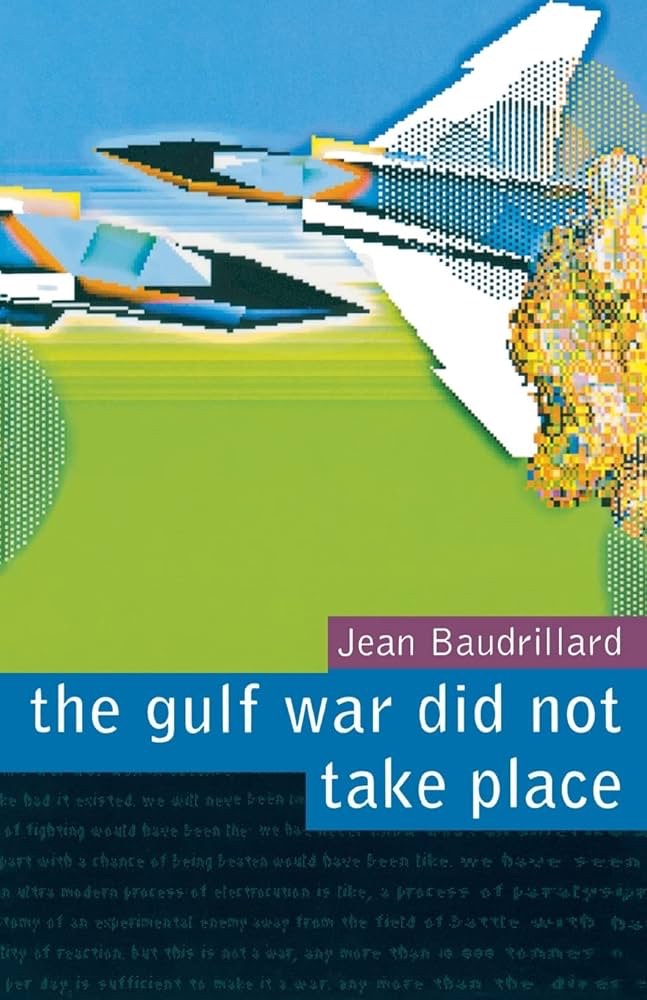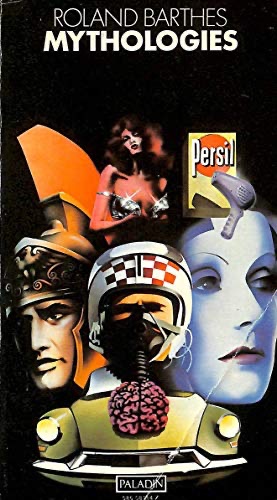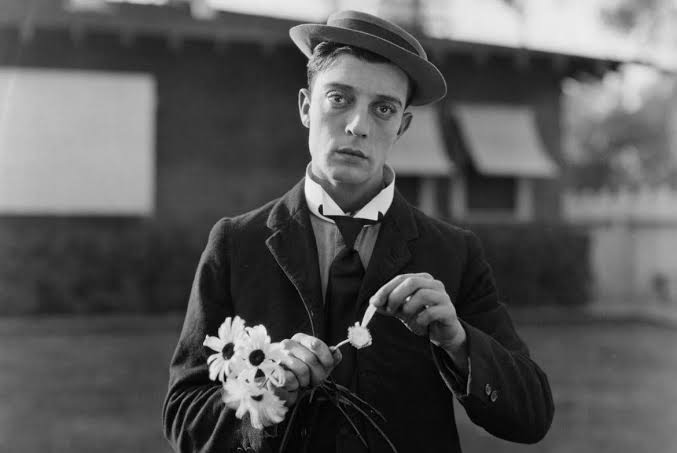
I’ve never really like the whole French (& NW European?) Postmodernist ‘school’.
I was subjected to three years of it at Goldsmiths College, at what was a nadir of my own life, as I exited my teens and embarked on ‘adult life’.
Baudrillard was a big part of it, along with Roland Barthes, Michel Foucault, et al. I found it all profoundly depressing and unhelpful. And, by and large, I still do.

Ok, they did/do have some insights. We’ll come to some of those in dew coarse. But it’s frequently attached to a lot of extremely foetid ‘thinking’, which I’ve always reacted against, and still do.
The solipsistic primacy of language in postmodernism has always been an issue for me. It’s a kind of academics disappearing up their own arse line of ‘philosophy’, as far as I’m concerned.
Perhaps Baudrillard is dead right? But in a very specific way/context? If by ‘we are all Buster Keaton’s’ he’s referring to all humanity, I think he’s fundamentally and profoundly wrong in his conclusion. But I’ll come back to this.
If, on the other hand, he means a certain type of professional intellectual, such as writers, or particularly a certain quite specific type of academics? Well, he might be on to something there.

I’ve never liked the language of postmodernism, with its signs, signifiers, tropes, simulacra, and whatnot. It can all – or some of it – be read and understood, or decoded. But there’s an awful lot of wordy guff that tends toward confusion and opacity.
I have, in truth, no idea whatsoever, what the impact of what we currently call AI will actually evolve into. Most of the discussion around it I find so vexing I simply don’t want to get embroiled.
I’ll give a couple of examples from my own personal human interaction side of life. First, there’s a guy I know who works in music education who boasts that AI is a great tool for all sorts of reasons, but most often/loudly, the marking of students work.
Second, there’s a family member, of sorts, who uses AI, mostly covertly, but also openly, to create poetry. I have what I believe are fundamental issues with both of these scenarios.
Maybe in time my position on all this will change? I’m a firm believer in Evolution! Both as a process that shapes the development of biological life, and as a way to develop personally.
But, at present, I believe that marking essays and writing poetry are skills to be acquired, practiced and developed. Delegating these activities to computers running AI is something else.

Returning to a line of thought broached earlier; if Baudrillard means we’re all clowns, or fools? Well, surely that is as true before AI (whatever that is) as after. But he clearly doesn’t mean that.
It’s my view that Baudrillard and his ilk are – or aspire to be, in certain respects – Punk. Enfant Terribles. But armed with a library of polysyllabic thesaurarii, as opposed to snot and distorted guitars.
His series of essays on the Gulf War – written before during and after, and called Won’t/Isn’t/Didn’t – are titled like high-fallutin’ click-bait. He can’t possibly mean that, can he?
And of course he thereby cleverly draws the potential reader in, before – like a punk magician – stunning us with his intellectual sleight of word. And here we come to what these folk might be getting right.
In the modern world, especially the online world – saturated as it is with imagery and words, reality (or at least certain views on reality) gets harder and harder to discern.
Baudrillard argued that the Gulf War wasn’t a war – not in the old-fashioned Battle of Waterloo vein – but an atrocity, falsely sold to the domestic audience (and the rest of the world) as ‘war’.
All of this is actually generally and genuinely interesting. Why did/do we really go to war? What actually constitutes war? And so on.

My own gut feeling, in relation to AI and the future of human thought (be it generally, or as an academic profession) is that as AI evolves – and certainly in light of developments so far – it is already adding to our difficulties in discerning what is real.
Will or should AI replace human thinking? It shouldn’t, in my view. But that doesn’t mean it won’t. We’ve already seen numerous human inventions overtake and virtually enslave us. Agriculture, for starters. And more recently/perniciously, money, for example.
Baudrillard is widely regarded as a pessimist or nihilist. I don’t want to be either. But I fear I may be both. So might it be that whilst I really dislike Baudrillard and Postmodernism, I might have to concede that he might – as much as I want him to be wrong – actually be right?
I do hope not!
